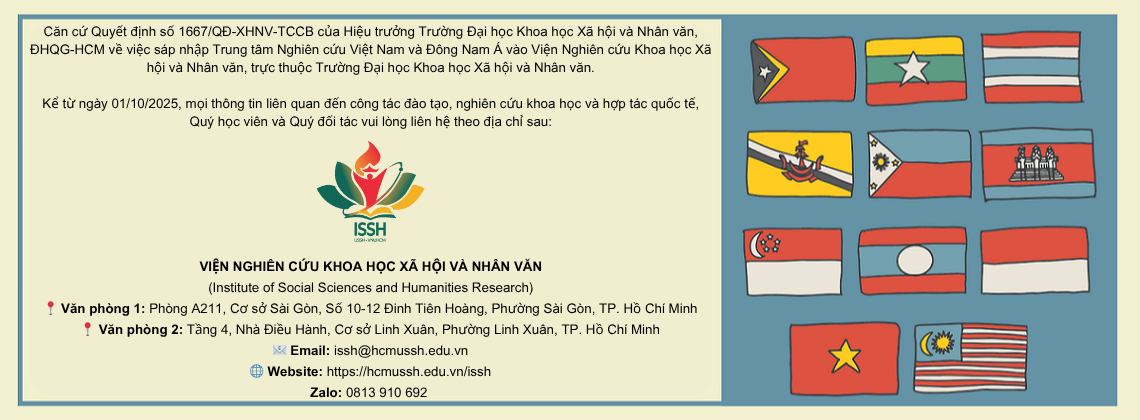SEMINAR: INSTRUCTIONS ON RESEARCHING AND WRITING
, 26/04/2011 10:04On February 28, 2011, the Center for Japanese and Southeast Asian Research participated in the Seminar “Instructions on researching and writing” by the Japan International Exchange Foundation in collaboration with Japanese Studies Department - University of Social Sciences and Humanities, Ho Chi Minh City National University HCM organized.
Following the opening remarks of Mr. Yoshioka Norihiko, Vice Director of the Japan Foundation Center for Cultural Exchange in Vietnam, the seminar went into the main content with two presentations on Japanese research method of Ms. Junko Kurita, Director of the central library of Japan International Exchange Fund and Assoc. Dr. Nguyen Tien Luc, Head of Japanese Studies Department, Ho Chi Minh City University of Social Sciences and Humanities.
Presentation of Ms. Junko Kurita with the topic "Websites and information useful for Japanese Research", presented useful websites for Japanese research. In the present era, the internet plays an important role in the research process as an effective and fast information search tool. However, information on the network is often contradictory and inaccurate, requiring researchers to be careful before using this information to serve as research material. Ms. Junko's presentation has provided useful websites that provide complete and reliable information about Japan in many areas such as culture, life, economy, literature, art ... and data centers on Japanese research.
Next, Assoc. Dr. Nguyen Tien Luc with the presentation "Overview of Japanese research situation in Vietnam and method of document searching in Vietnam" also generalized the situation of researching Japan in Vietnam in many historical fields, culture, language, society ... and made general judgments such as the Japanese study in Vietnam has many achievements but mainly focuses on modern times. Studies on the ancient times are few. Besides, the research topics also focus on studying the history of Vietnam-Japan relations rather than studying Japan itself, and there are few studies on economic history, social history and ideology history.
The seminar attracted the attention of many students and Japanese study lovers. Thinking of useful and practical information that the workshop brings will have certain contributions to the quality of research in general and Japanese research in particular.














